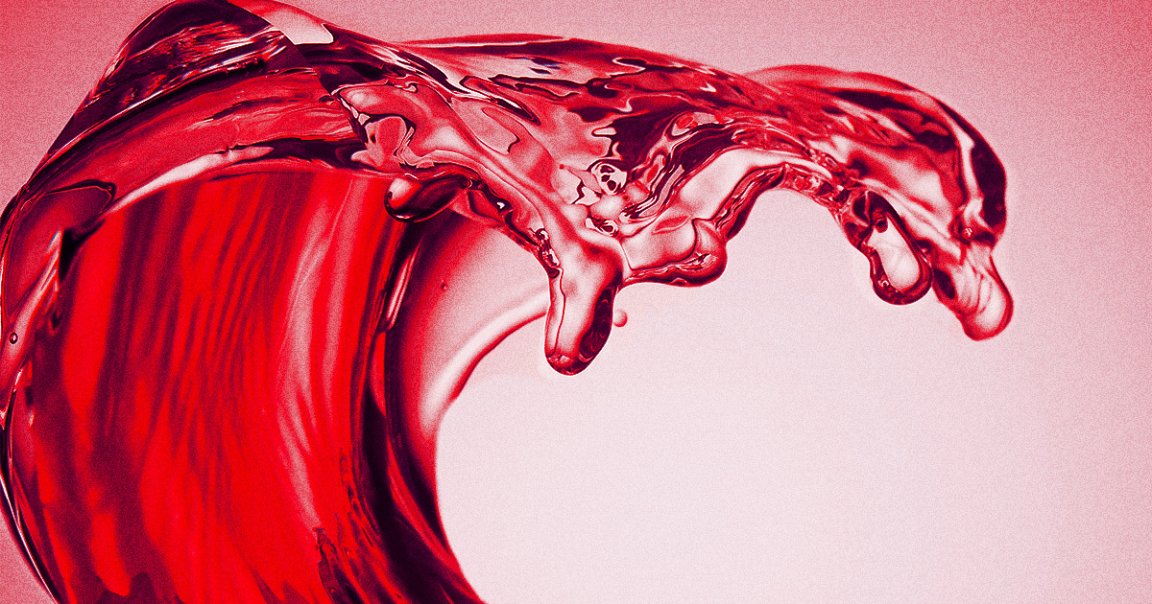
So there’s a new study linking autism with naturally-occurring lithium in the drinking water supply — but there are some major caveats.
Published in the Journal of the American Medical Association Pediatrics, the paper out of the University of Los Angeles looked at data from Denmark and found a correlation between pregnant people drinking water that contains higher levels of lithium and a “moderately higher risk” — up to 46 percent — of having children who were later diagnosed with autism spectrum disorder (ASD), per a press release.
On its face, that’s pretty interesting. But the topic of potential causes for autism is a particularly fraught one. Studies about potential causes for autism crop up every once in a while, but the general psychiatric consensus remains that, like depression, nobody knows exactly what might cause ASD. And because of a single and demonstrably falsified study published by The Lancet, a broad swathe of the public is primed to take work like this out of context. So let’s dive deeper.
For one thing, experts are intrigued by the findings, but they’re also urging caution.
“It’s an interesting association,” Dr. Max Wiznitzer, who directs the Rainbow Autism Center at the University Hospitals Rainbow Babies and Children’s Hospital in Cleveland, told CNN, “but causation is definitely not proven.”
This is a good point. Just because there’s a correlation between two things doesn’t mean that one of them causes the other one. The classic example is that you can easily look at real-world data and conclude that there’s a strong association between ice cream sales and drowning. Does that mean that ice cream causes drowning? Of course not — it’s that people swim more and eat more ice cream in the summer.
And that’s not the only thing that jumped out at Wiznitzer.
“We have to see if there’s a viable and biologically plausible mechanism by which a small amount of lithium in the water supply can somehow do this, yet pharmacologic dosing of lithium in women with bipolar disorder has not been reported to be causing increased risk of ASD,” Wiznitzer, who was not involved in the research, told CNN.
This is another compelling critique. If there was really a causal link between lithium consumption by mothers and ASD in their kids, it would almost certainly already be clear from decades of data involving mothers who were taking lithium as medication, as many people still do. Why would low, naturally-occurring doses have an effect when higher medical doses appear to have none?
What’s more, the study didn’t involve any original bloodwork or medical examination, but rather relied solely on existing data that every Danish citizen is required to provide by law. That sort of data can be an important tool for establishing an initial link, but it’s hardly enough to throw out what doctors currently believe about ASD.
And finally, the research just looked at a single European country, which is both very small and quite wealthy.
So is it an interesting finding? Certainly. But it’s definitely not a smoking gun, even if some in the culture war around potential causes for ASD will take it that way.
As always, more research is needed. And it’s also worth listening to disability activists who say autism shouldn’t necessarily be pathologized as a debilitating disease, but rather as a reality that a lot of people live rich lives with.
More on research: High Blood Pressure May Cause Dementia, Scientists Say